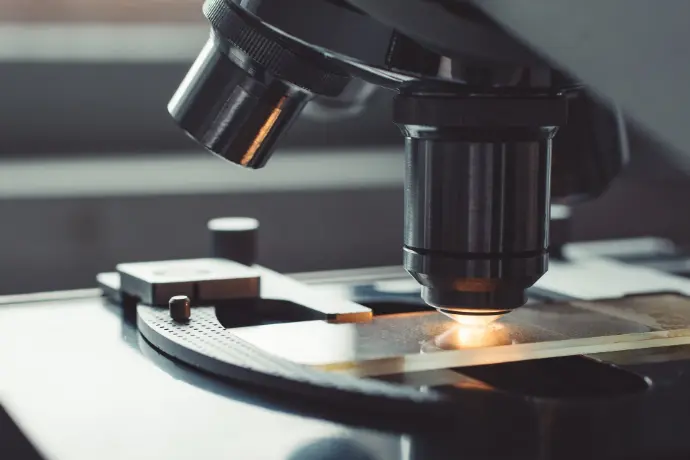From Single Strains to Smart Systems: The Tech-Driven Microbiology Revolution
Microbiology has long been centered on studying individual microbial strains in controlled laboratory settings isolating them, characterizing their behavior, and understanding their interactions with their environment. While this foundational work remains essential, advances in technology are pushing the field far beyond single-strain analysis. Today, integrated “smart systems” powered by artificial intelligence, automation, and real-time sensing are enabling scientists to study entire microbial communities as dynamic, interconnected networks. These systems can process vast amounts of genomic, proteomic, and metabolic data, revealing how microbes collaborate, compete, and adapt in complex ecosystems. Coupled with innovations like CRISPR-based gene editing and lab-on-a-chip platforms, researchers can not only observe microbial activity but also design and control it with unprecedented precision. This tech-driven revolution is transforming microbiology from a descriptive science into a powerful, predictive, and programmable discipline one capable of addressing global challenges in health, agriculture, and environmental sustainability.
